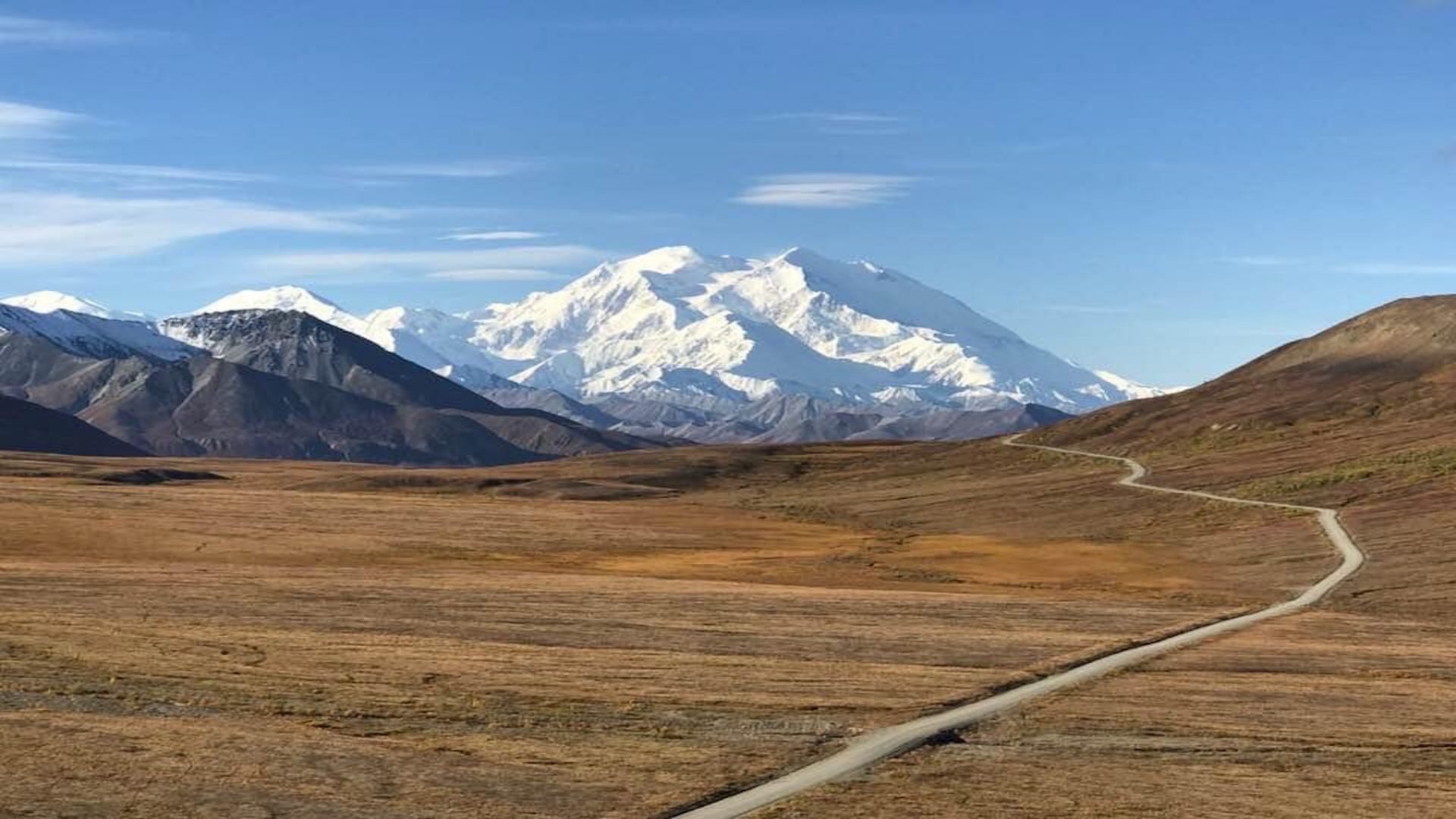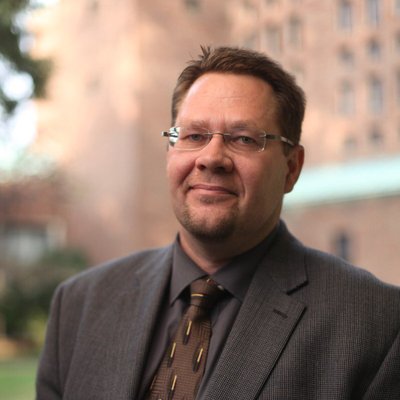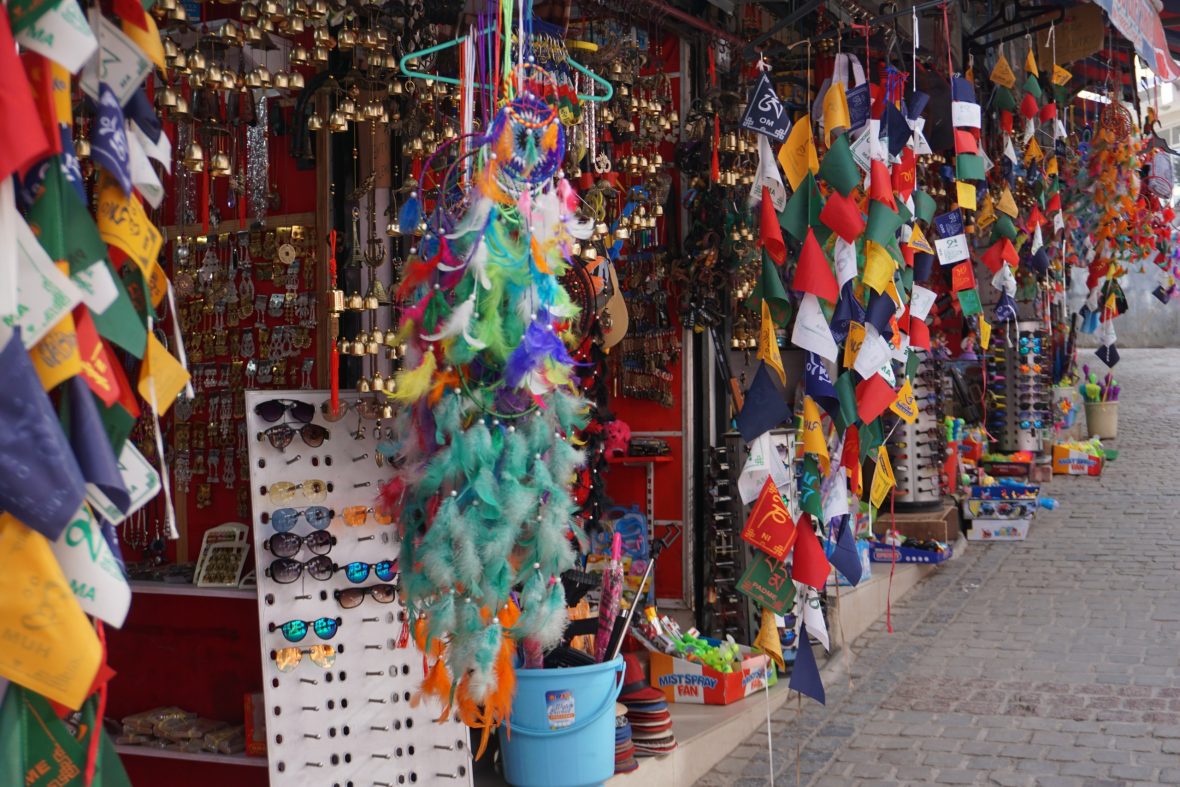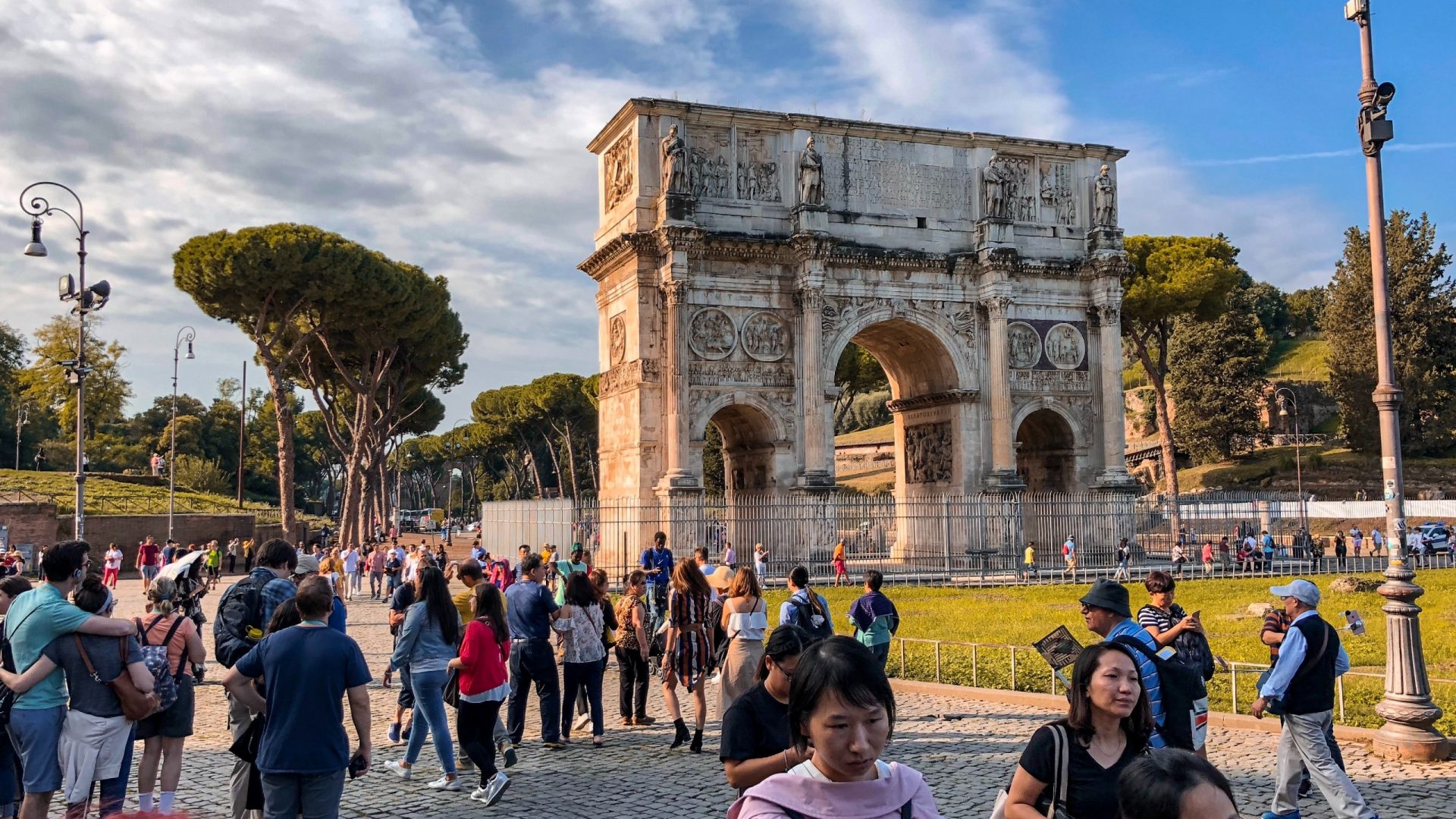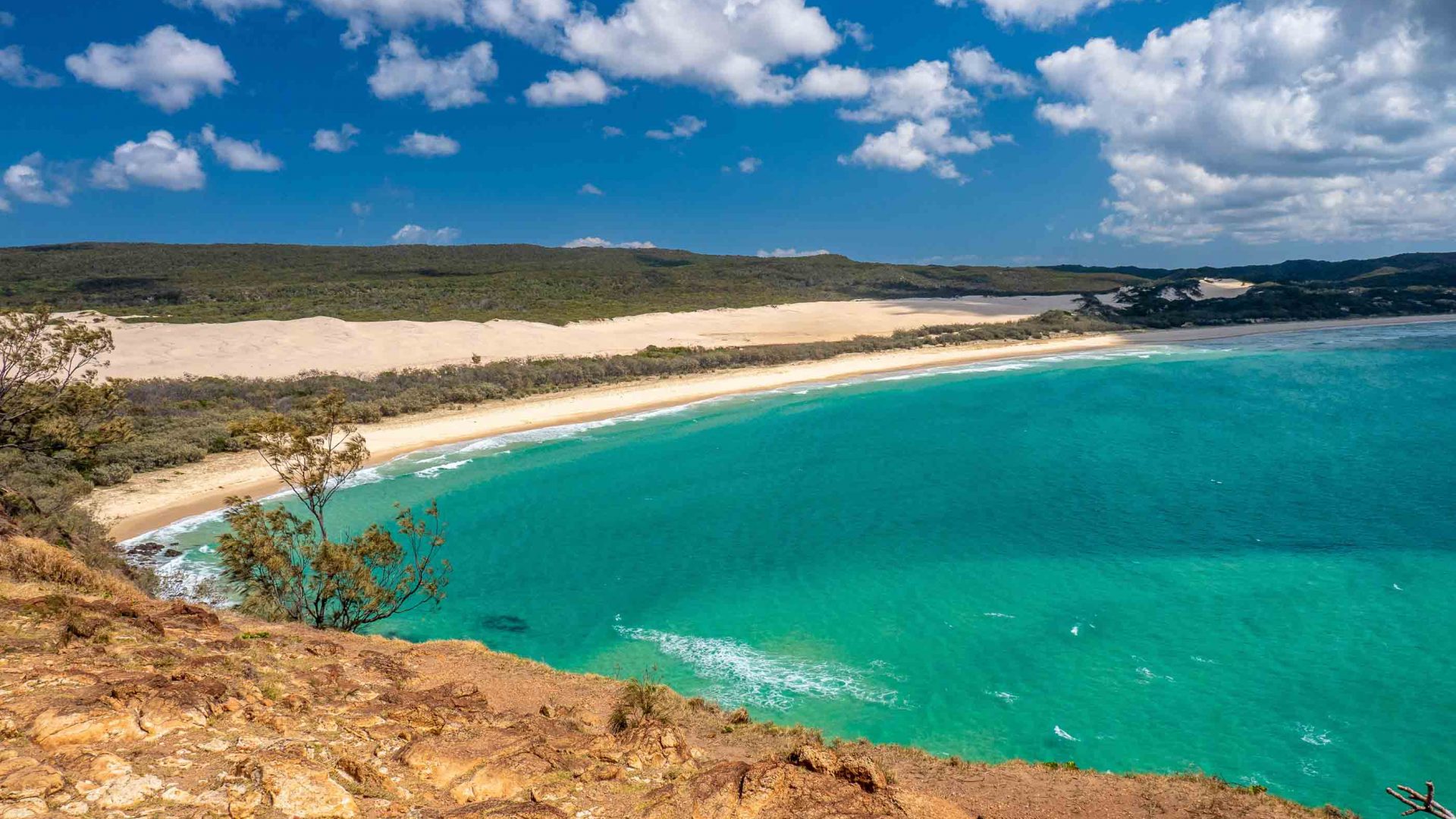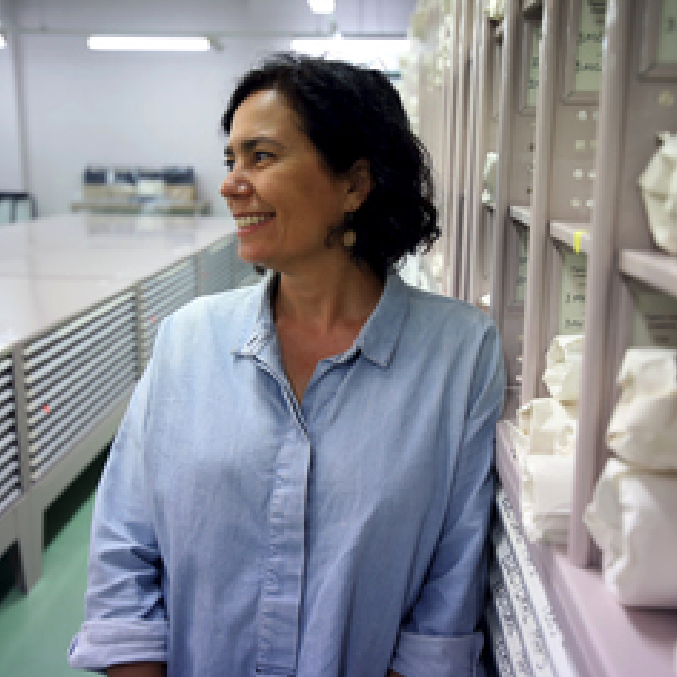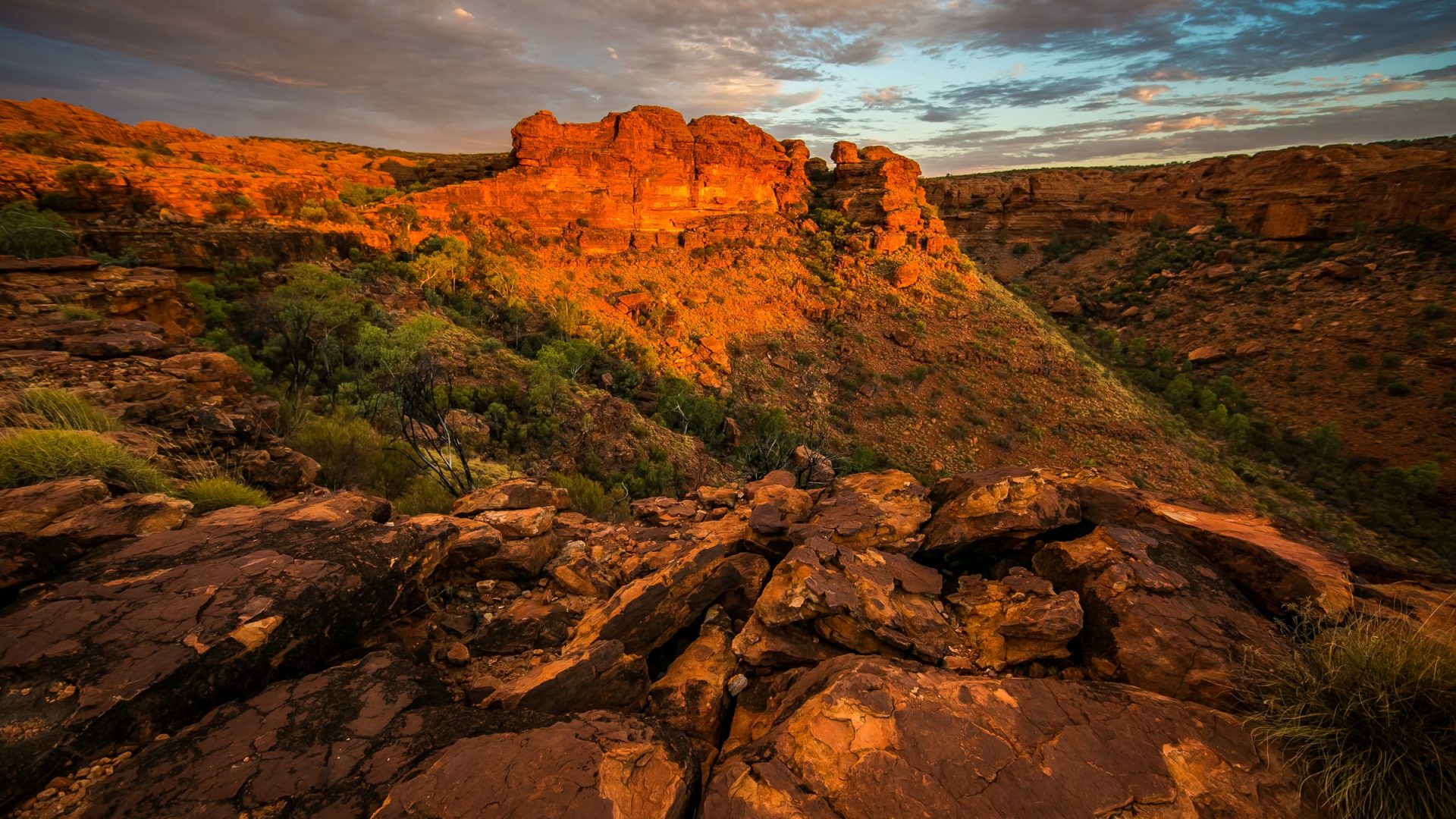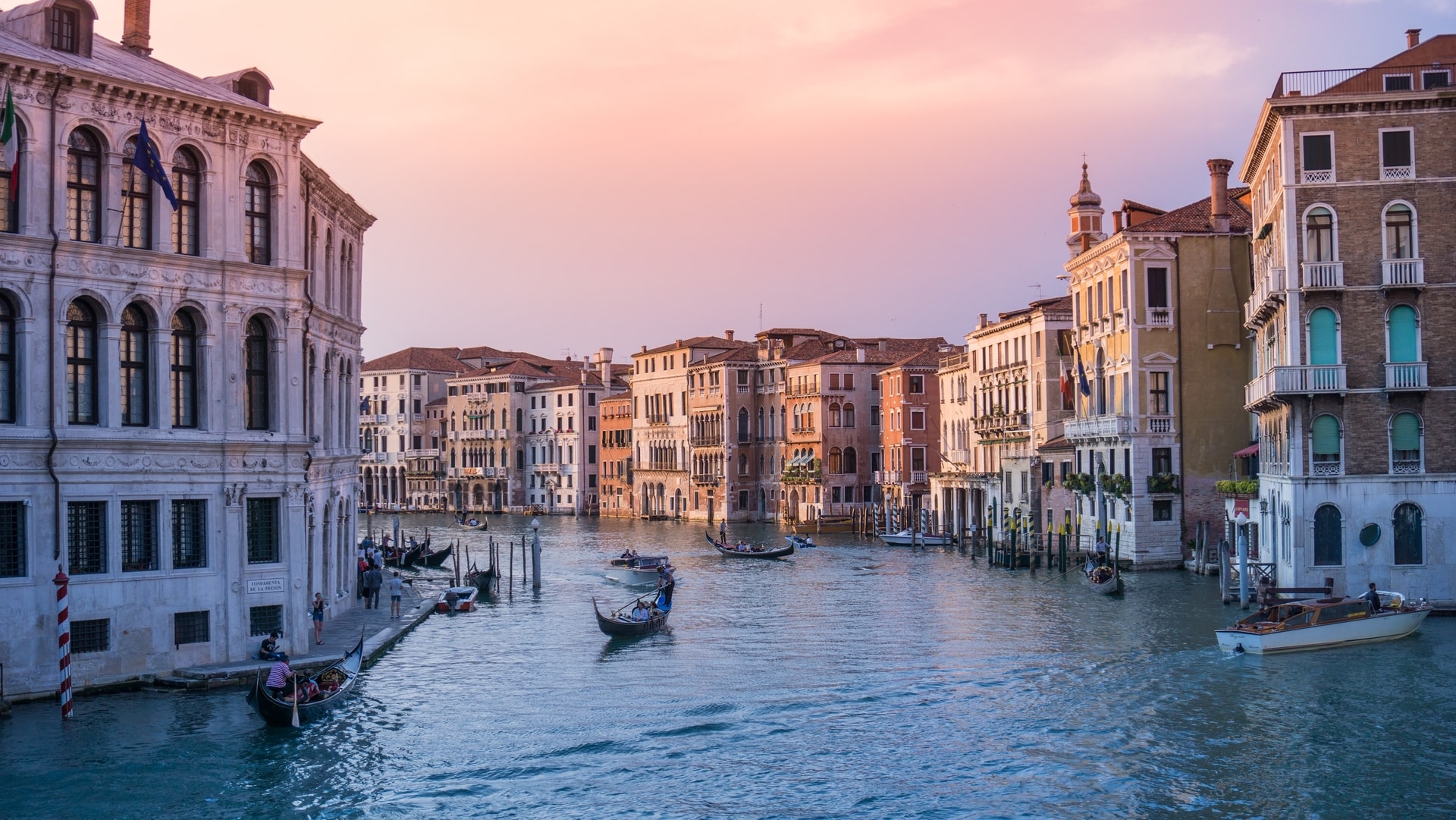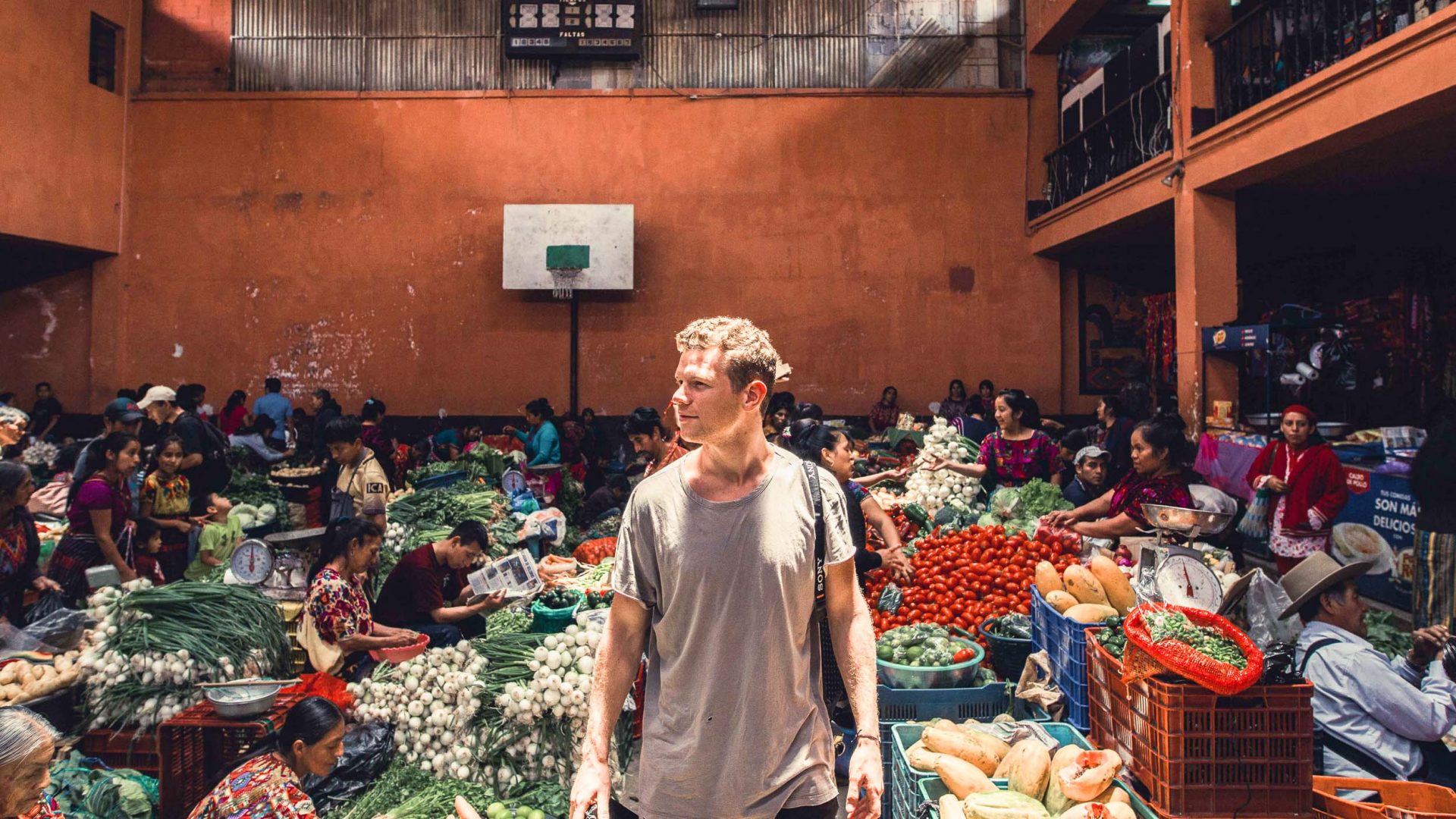In June 2022, I set off on a 10,650-mile, six-week motorcycle trip from Tennessee to Alaska and back again, carrying not too much more than my GPS and phone. The ride kick-started a year of travel for research—and despite the horror stories of delayed and canceled flights, I couldn’t be happier.
Just about everywhere I went, even in remote parts of the Yukon and British Columbia, folks were traveling. Many of the trailers being pulled were brand-new, suggesting the owners had bought them recently. After yet another cooped-up pandemic winter, it seems people’s appetite to get away is just as keen.
But why do we travel in the first place? What is the allure of the open road?
As a professor of religion, psychology and culture, I study experiences that lie at the intersection of all three. And in my research on travel, I’m struck by its unsolvable paradoxes: Many of us seek to get away in order to be present; we speed to destinations in order to slow down; we may care about the environment but still leave carbon footprints.
Ultimately, many people hope to return transformed. Travel is often viewed as what anthropologists call a “rite of passage”: structured rituals in which individuals separate themselves from their familiar surroundings, undergo change and return rejuvenated or “reborn.”
But travelers are not just concerned with themselves. The desire to explore may be a defining human trait, as I argue in my latest book, Just Traveling: God, Leaving Home, and a Spirituality for the Road. The ability to do it, however, is a privilege that can come at a cost to host communities. Increasingly, the tourism industry and scholars alike are interested in ethical travel, which minimizes visitors’ harm on the places and people they encounter.
The media inundate tourists with advice and enticements about where to travel and what to do there. But in order to meet the deeper goals of transformative, ethical travel, the “why” and “how” demand deeper discernment.
During my book research, I studied travel stories in sacred scriptures and researched findings from psychologists, sociologists, ethicists, economists and tourism scholars. I argue that meaningful travel is best understood not as a three-stage rite but as a six-phase practice, based on core human experiences. These phases can repeat and overlap within the same journey, just as adventures twist and turn.
